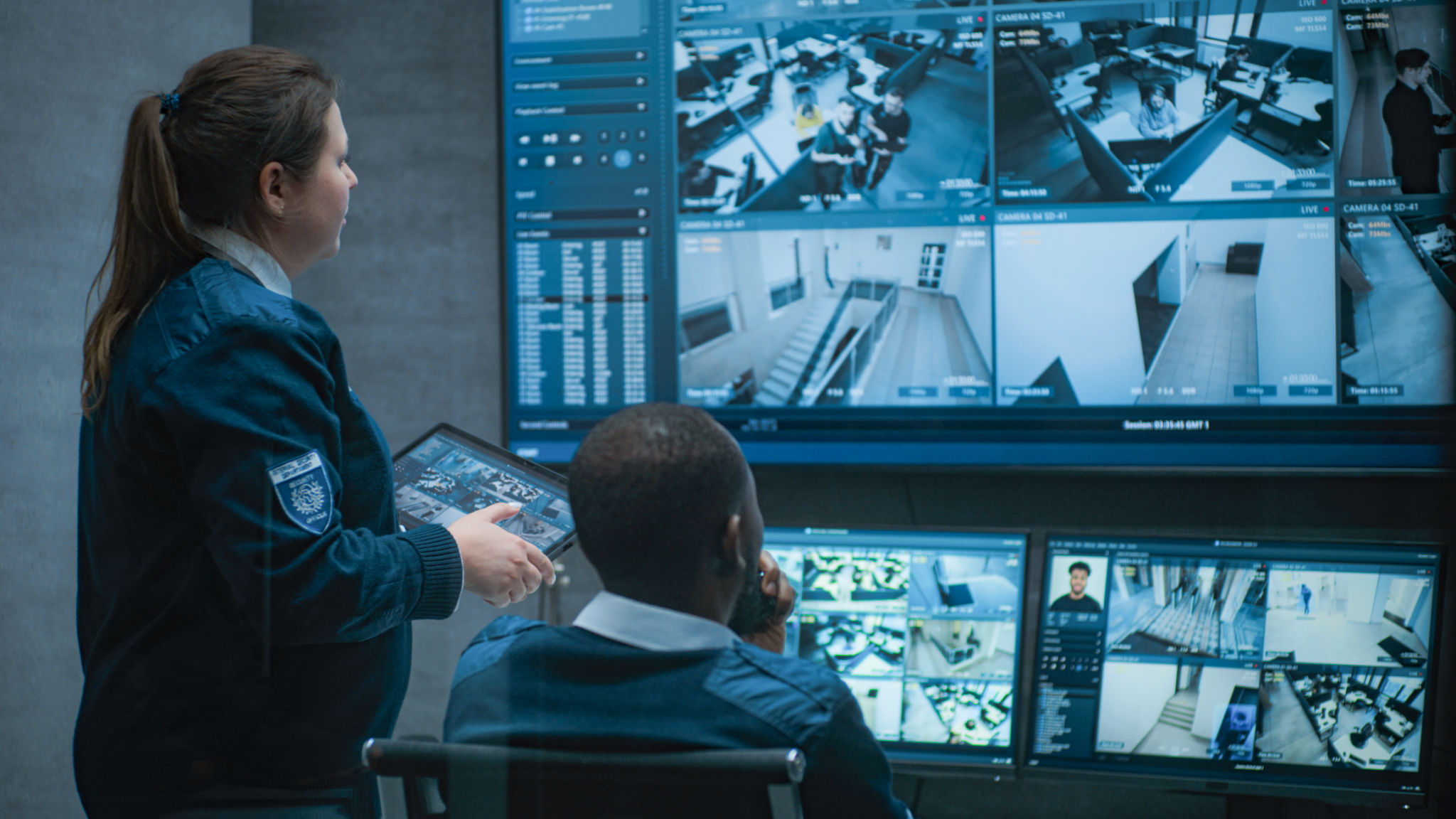The Impact of Local Regulations on Security Services in Bangkok
Understanding Local Regulations in Bangkok
Bangkok, as a bustling metropolis, presents unique challenges and opportunities for security services. The city’s local regulations play a crucial role in shaping how security companies operate, ensuring that safety measures align with the needs of its dynamic environment. Understanding these regulations is essential for any security provider looking to establish or enhance their operations in Bangkok.

Compliance with Licensing Requirements
One of the primary impacts of local regulations on security services in Bangkok is the need for compliance with strict licensing requirements. Security companies must obtain the necessary permits to operate legally. This involves a comprehensive vetting process, ensuring that companies adhere to the standards set by regulatory bodies. Such requirements are aimed at maintaining high-quality service and safeguarding public interest.
Failure to comply with these licensing requirements can result in severe penalties, including fines and the revocation of operating licenses. Therefore, it is imperative for security firms to stay updated with any changes in these regulations to avoid potential legal issues.
Training and Certification Standards
Local regulations in Bangkok also dictate stringent training and certification standards for security personnel. Security officers are required to undergo rigorous training programs to equip them with the skills necessary to handle various situations effectively. This includes training in conflict resolution, emergency response, and advanced surveillance techniques.

The emphasis on training ensures that security personnel are well-prepared to protect both people and property, enhancing the overall safety of the city. Companies that invest in such training programs not only comply with regulations but also build a reputation for reliability and professionalism.
Technological Advancements and Regulations
As technology evolves, so do the regulations surrounding its use in security services. In Bangkok, there is a growing focus on the integration of advanced technologies such as CCTV cameras, biometric systems, and AI-driven surveillance tools. Local regulations ensure that these technologies are used responsibly and do not infringe on privacy rights.
Security companies must navigate these technological regulations carefully, ensuring that their systems are compliant while still providing effective security solutions. Staying informed about technological advancements and associated legal frameworks is key to maintaining a competitive edge in the market.

The Role of Community Engagement
Another significant aspect of local regulations is the emphasis on community engagement. Security services in Bangkok are encouraged to work closely with local communities to foster trust and cooperation. By understanding community concerns and priorities, security firms can tailor their services to better meet the needs of the people they serve.
Community engagement not only helps in building positive relationships but also plays a crucial role in crime prevention and response strategies. Regulations often require companies to participate in community forums and collaborate with local law enforcement agencies.
Conclusion
The impact of local regulations on security services in Bangkok is profound, influencing various aspects from licensing and training to technology use and community relations. For security companies, understanding and adhering to these regulations is not just a legal obligation but also a strategic advantage in delivering superior security solutions. As Bangkok continues to grow and evolve, staying compliant with local regulations will be essential for success in this dynamic market.